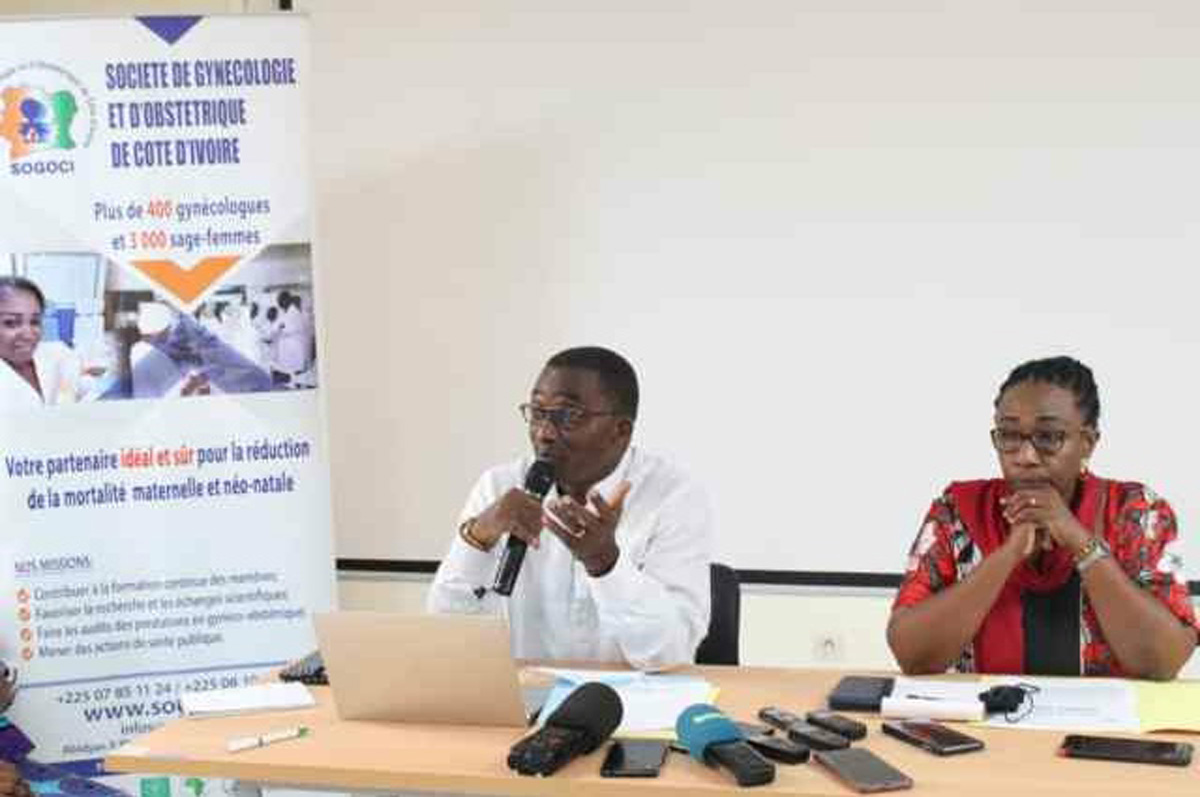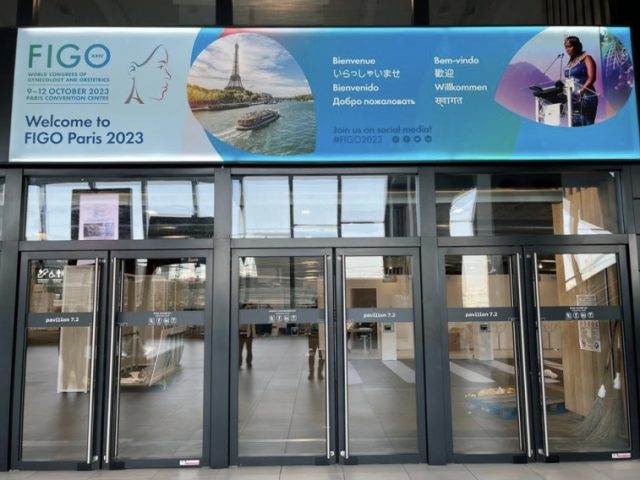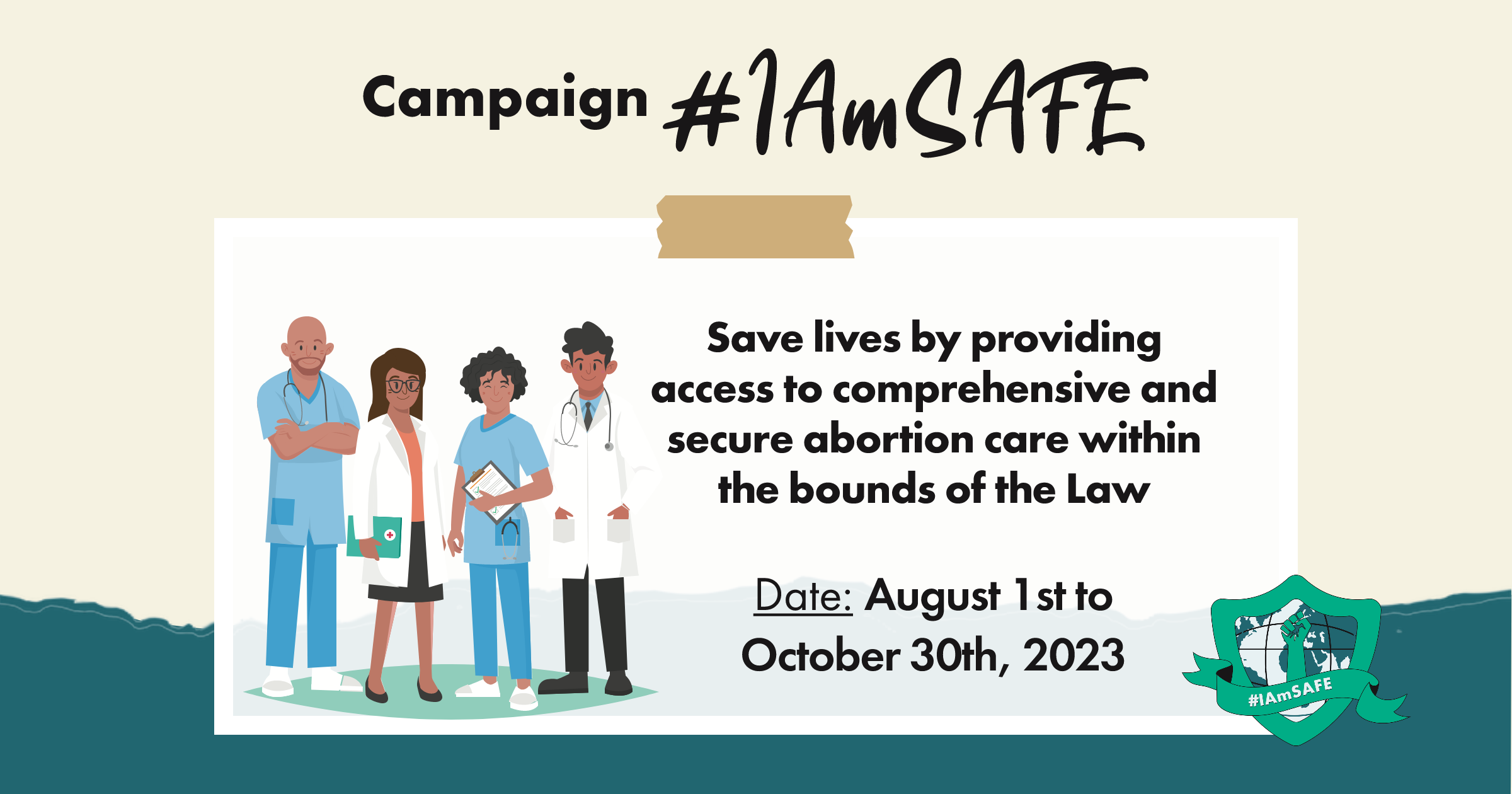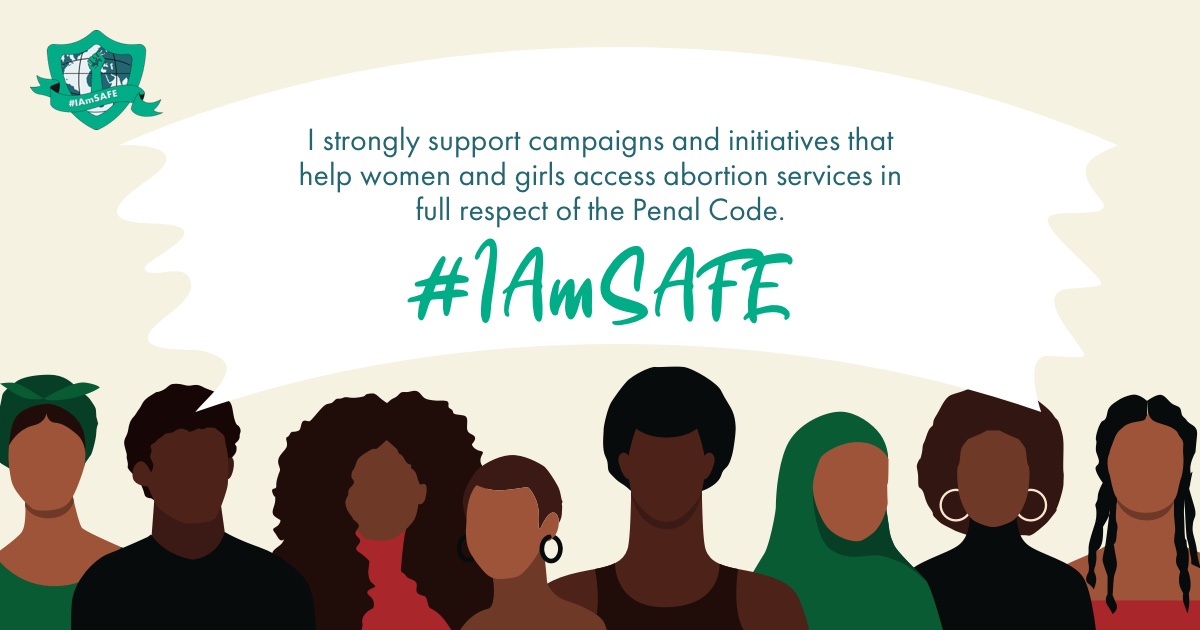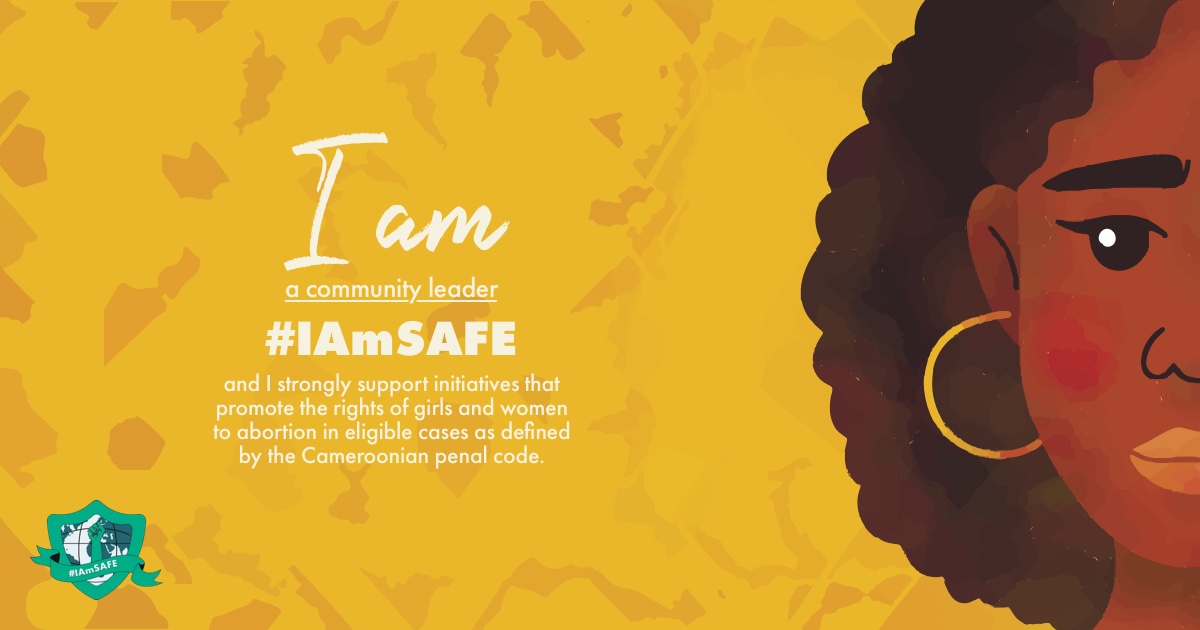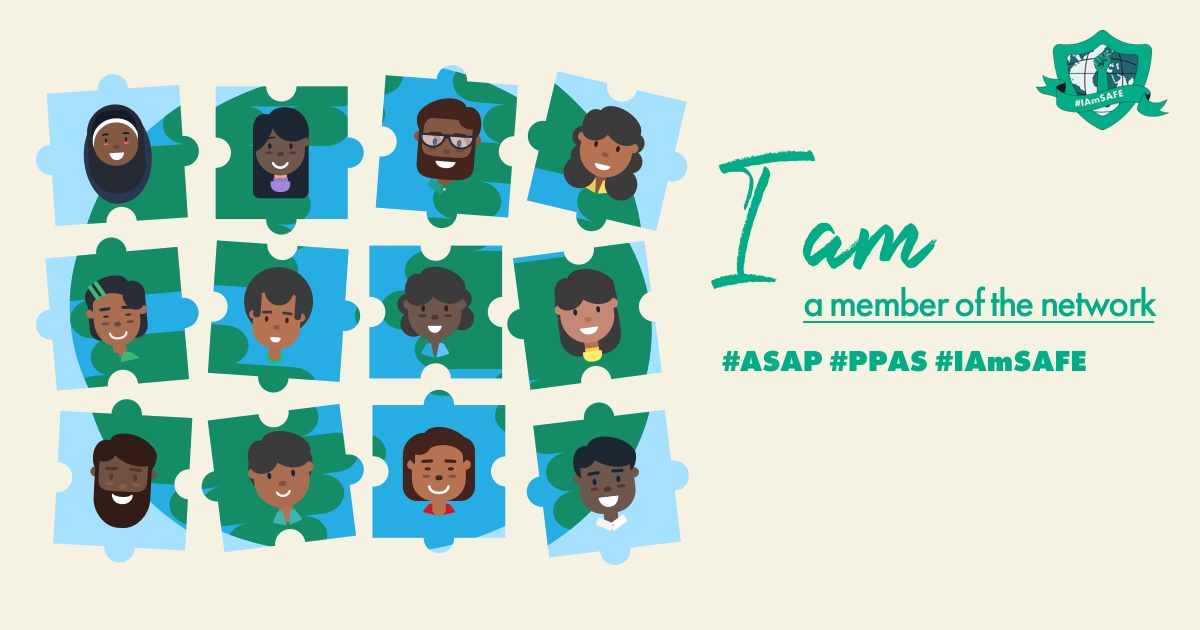During an interview on the alarming figures of complications due to clandestine abortions, the head of the gynecology-obstetrics department of the Teichville University Hospital, Professor Privat Yeret Guié, who is also first vice-president of the Society of Gynecology and Obstetrics of Côte d’Ivoire (SOGOCI), sheds some light on the project “Advocacy for safe abortion in Côte d’Ivoire” (PPAS).
What is an abortion?
It is a process of expulsion of the egg from the uterine cavity. It can be voluntary (in this case one speaks of Voluntary interruption of big-abortion) and spontaneous abortion (miscarriage). According to the World Health Organization (WHO), abortion can take up to 22 weeks (almost 5 months). Beyond 22 weeks, we speak of premature deliveries.
Some figures of abortions in CI?
There are many clandestine abortions in the female population, and this concerns all age groups, both educated and unschooled. 69% of girls in 2018 had already had an abortion. In Côte d’Ivoire, the youngest mother is 8 years old…. 40% of women have already had a history of induced abortion.
So you can see that this is a worrying factor for the Society of Gynecology and Obstetrics of Côte d’Ivoire (SOGOCI). We want to make this plea to broaden the possibility for women who would like it, to be able to benefit from this service in quality services and not hide to make clandestine abortions and all its corollary of damage.
SOGOCI advocates for a change in behavior, and for women’s rights to be respected, and thus reduce maternal and infant mortality.
What is the difference between a clandestine abortion and a safe abortion?
We talk about safe abortion when the service is performed by qualified medical personnel and in a medical centre, a specialized structure. What happens otherwise is called clandestine abortion.
Complications of clandestine abortions?
They are numerous, but the main one is hemorrhage; and without prompt treatment, this bleeding can cause death. The second complication are infections that can occur two days or even a week after the act. If safety measures are not taken, this can also lead to death.
Complications can also cause infertility, when the patient will later have the desire to have a child. There are also pelvic pains that occur constantly. I spare you the consequences related to the use of tablets, products or other traditional decoctions which can have a long-term impact on a woman’s fertility. We must stop this.
In the exercise of our profession, we have sometimes removed perforated and infected uteri from girls aged 15 to 16 who have used these practices. These irreversible consequences must be curbed.
What does the Ivorian legislation say about safe abortion?
According to Ivorian legislation, abortion is performed in cases where the life of the mother or the child is in danger. But before practicing it, the practitioner must have the guarantee of another practitioner before performing the act. This has always existed. But Côte d’Ivoire ratified the Maputo Protocol, a regional treaty on women’s sexual and reproductive health rights, and listed it in its Official Gazette in 2012.
This protocol in its article 14 C stipulates to offer secure abortion care when the life of the mother and the fetus are in danger, in the event of rape, and incest. Despite the various commitments, our country remains the only one of the 10 French-speaking countries of West and Central Africa to have no law on reproductive health.
Since March 2021, this legislation authorizes abortion also in the event of rape. However, a pregnancy resulting from incest is not one of the cases of safe abortions. While this case is sobering…
What is the opinion of the religious concerning this law?
Most religions prohibit abortion. But as societies and mentalities change, we must make it clear that certain cases must be reviewed. In a secular country like ours, let the citizen do what he wants to do, but within the limits of things. In reality, when a woman decides to have an abortion, nothing can take it out of her head. If she is turned away and/or duped, she will surely turn to a non-specialist who can help her get rid of this unwanted pregnancy, even if it means being “tortured”.
Let’s not wait to catch up with post-abortion complications when patients come to our health centers to die. Better to warn.
Are there approved health centers to perform this service?
For cases of “normal” abortions, that is to say, when the life of the mother or the fetus are in danger or in the event of rape, all the health centers are qualified. We are currently at the advocacy stage so that our communities, our decision-makers and our specialists become imbued with this concept. Our role is to prevent that to stay there always there to cure, whereas sometimes, we do not even manage to cure, because the patient dies in our hands.
What does SOGOCI do to prevent abortions?
Our first indicator is the reduction of maternal and infant mortality. The right to safe abortion is another aspect of our project. As part of the PPAS project, we have set up regional branches that allow us to continue its implementation with midwives and nurses who are able to provide post-abortion care.
We have at least 440 gynecologists and obstetricians and 6,000 midwives/nurses whose main mission is to work to improve the quality of care in order to improve reproductive health indicators in Côte d’ Ivory. They are also trained in values clarification for attitude change and capacity building, as patients need to be able to find caring staff.
All regional decision-makers, namely, territorial and customary administration, lawyers, civil society, etc. are involved in this project for advocacy on the new law on reproductive health, even if it is not still voted.
We do a lot of awareness through the media. Our activities do not only concern safe abortion, we also advocate abstinence for the youngest, pupils and students, and we offer family planning sessions and services… In Côte d’Ivoire, 26% of women wish to take a contraceptive method, but do not have access to these services. To tell you that with this project (which started in 2019 and ends in March 2022), we offer a whole package of activities for the survival of mother and child.
We are therefore all involved (communities, specialists, decision makers, media), we must stick together to preserve the life of the mother and the child, because child is the perpetuity of our world.
(AIP)
tls/fmo

